Training Tips
Here's how we make the most of each hunt
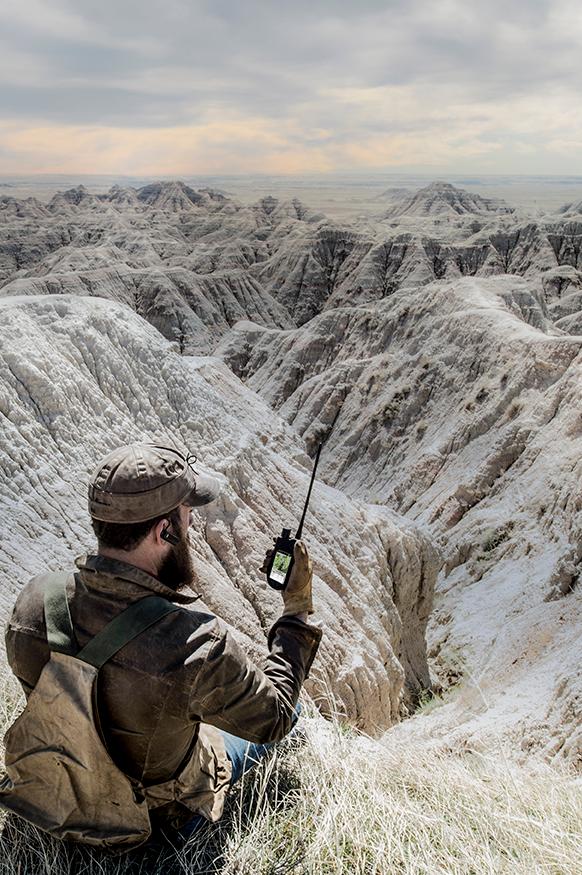
Using the TEK 2.0 in the Big, Wide Open
by Ben Garcia
Hunting with English setters, English Pointers and Brittany spaniels provides me with a lot of variety in my bird hunting. I want my dogs to cover lots and lots of ground, so I really let them stretch the horizon. While some of them work more closely than others, I’m confident...
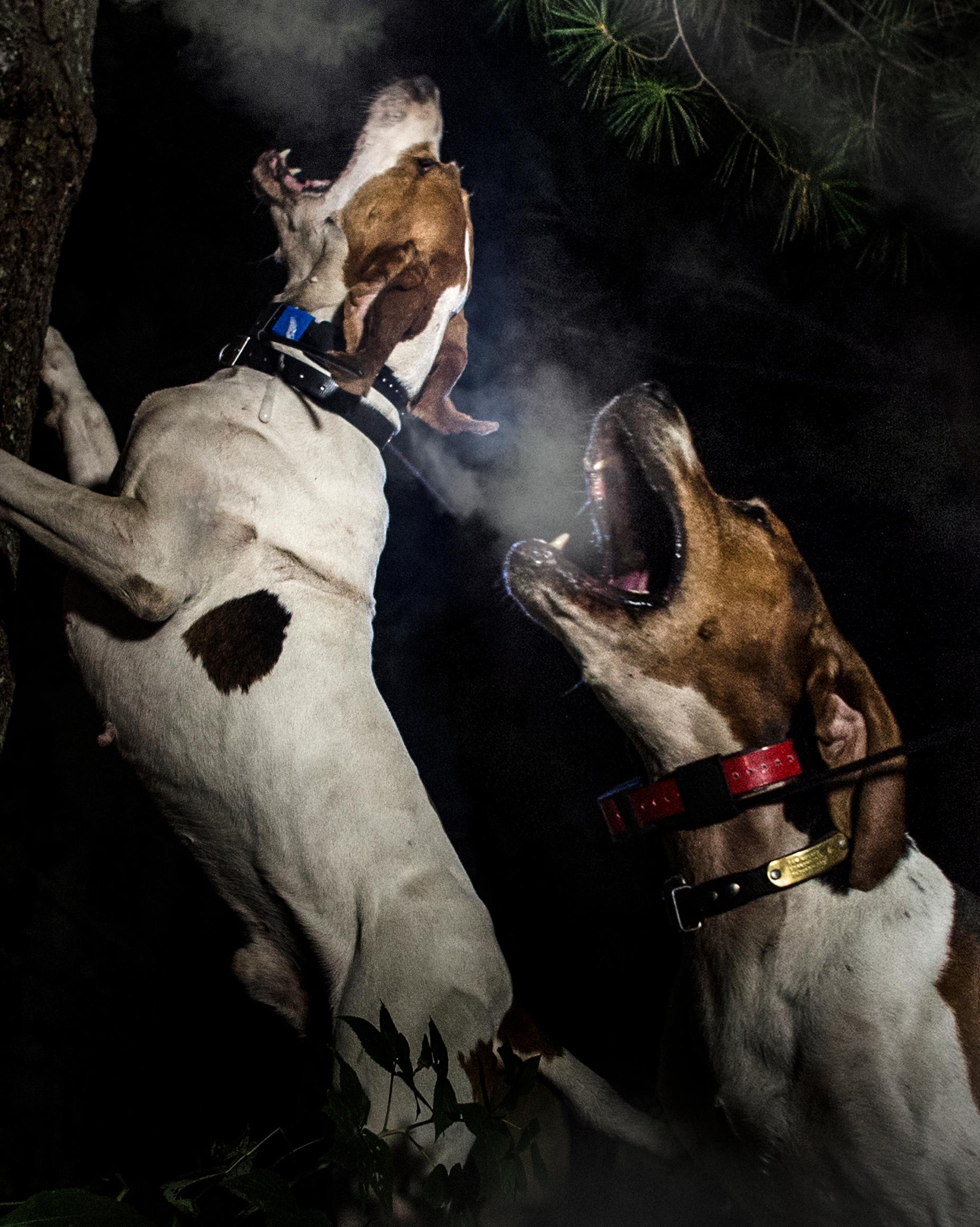
3 Reasons to Use TEK 2.0 for Coon Hunting
by Kim Bishop
Keeping tabs on my Treeing Walkers in the mountains of North Carolina is a tall task. It’s really challenging terrain from the standpoint of both navigating through it and also being able to hear my dogs when they’re on a track or treed. One of the perks of being a...
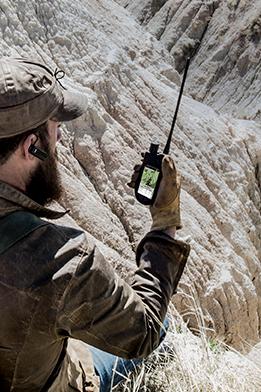
TEK 2.0: Utilizing the Trip Computer
by Matt Mates
If you’ve paid attention to the reviews for the TEK 2.0 system from SportDOG Brand®, you know that hunters are really impressed with the mapping feature. Count me as one of them. While a lot of hunters and dog handlers rely on the screen’s information to help them locate a...
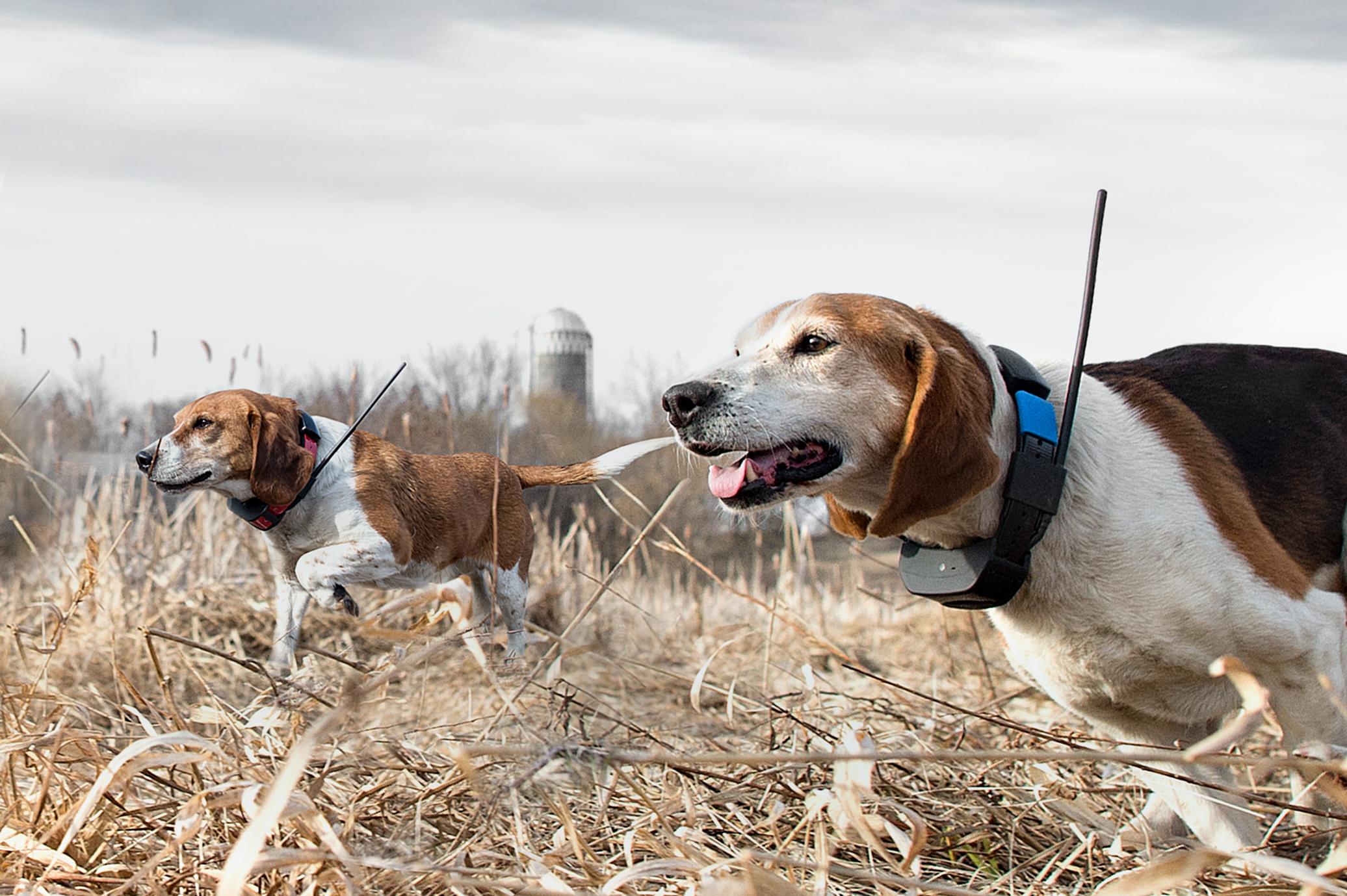
TEK 2.0: Voice Feature
by Jeffrey Wood
The SportDOG Brand TEK 2.0 e-collar and tracking unit has turned out to be a fantastic addition to my training tools. I train my Mountain Curs hard year round. During the hottest summer days, I train first thing in the morning, and then again in the evening. I’ve been using...
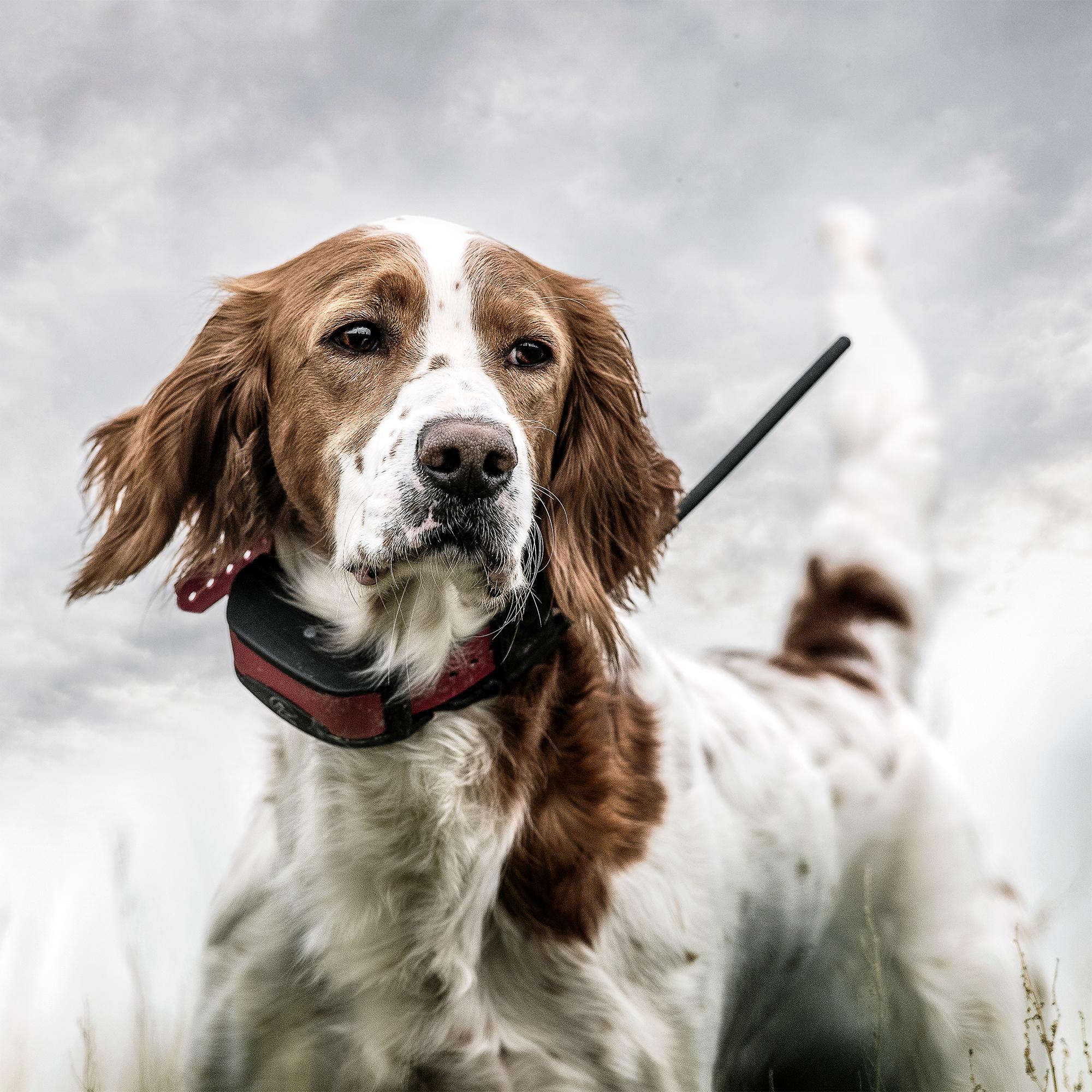
TEK 2.0 Improves Grouse Hunting Success
by The SportDOG Staff
The TEK 2.0 from SportDOG Brand® has turned out to be a real difference-maker in my grouse and woodcock guiding in northern Minnesota. I admit I wasn’t always a fan of using a tracking product, because to me it sounded like one more piece of equipment I’d have to maintain....
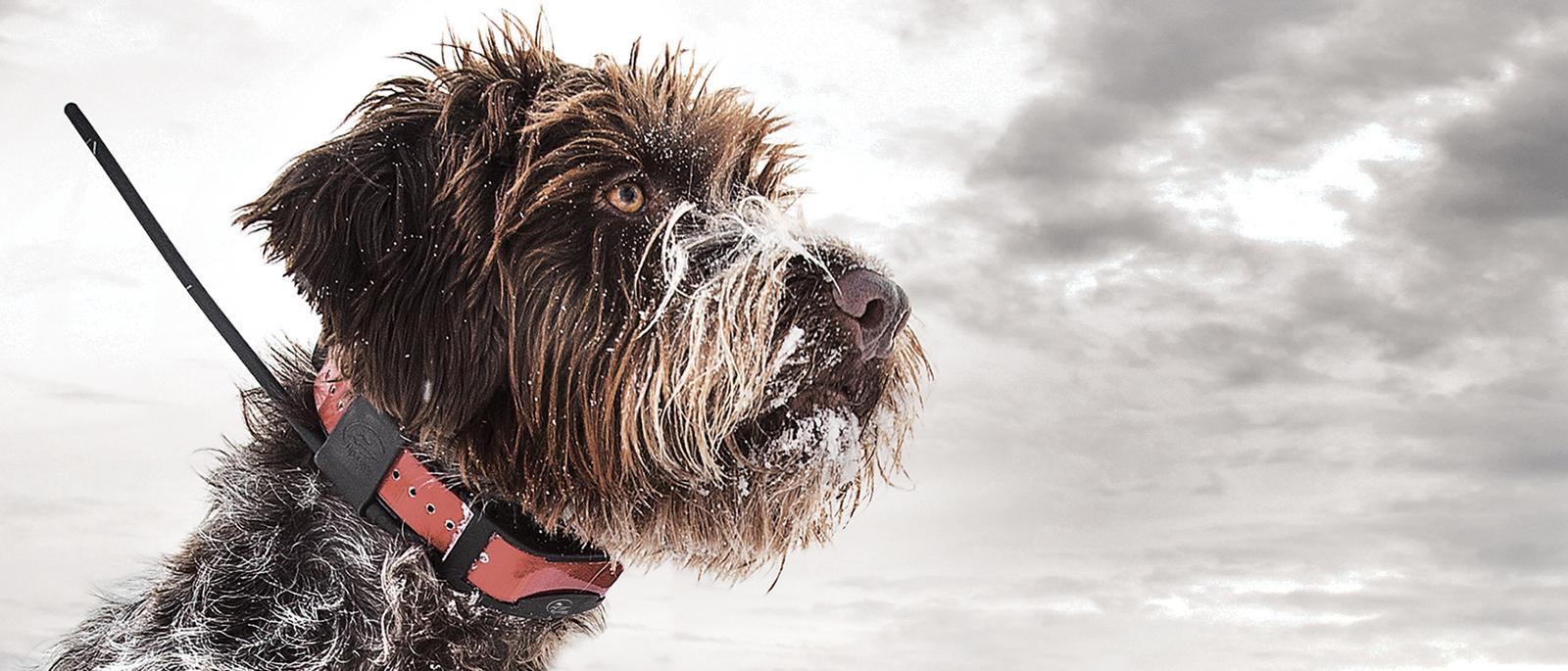
5 Tips for TEK 2.0
by Aaron Robinson
When it comes to choosing an e-collar you must consider several key factors before deciding which unit is ideal for you. First, consider your canine hunting companion. Is your dog close working, or a “horizon chaser”? Second, what is your primary hunting species? For example, are you a hunter who likes...

How to Match Your E-Collar to Your Hunting Conditions
by Tom Keer
One of my dogless hunting buddies lives in the city. He's the guy who has all the new gadgets. I kidded him about all his new toys and he tried to explain it like this; he said he’s an “early technology adaptor.” Say what? In my “bird hunter's English,” I...
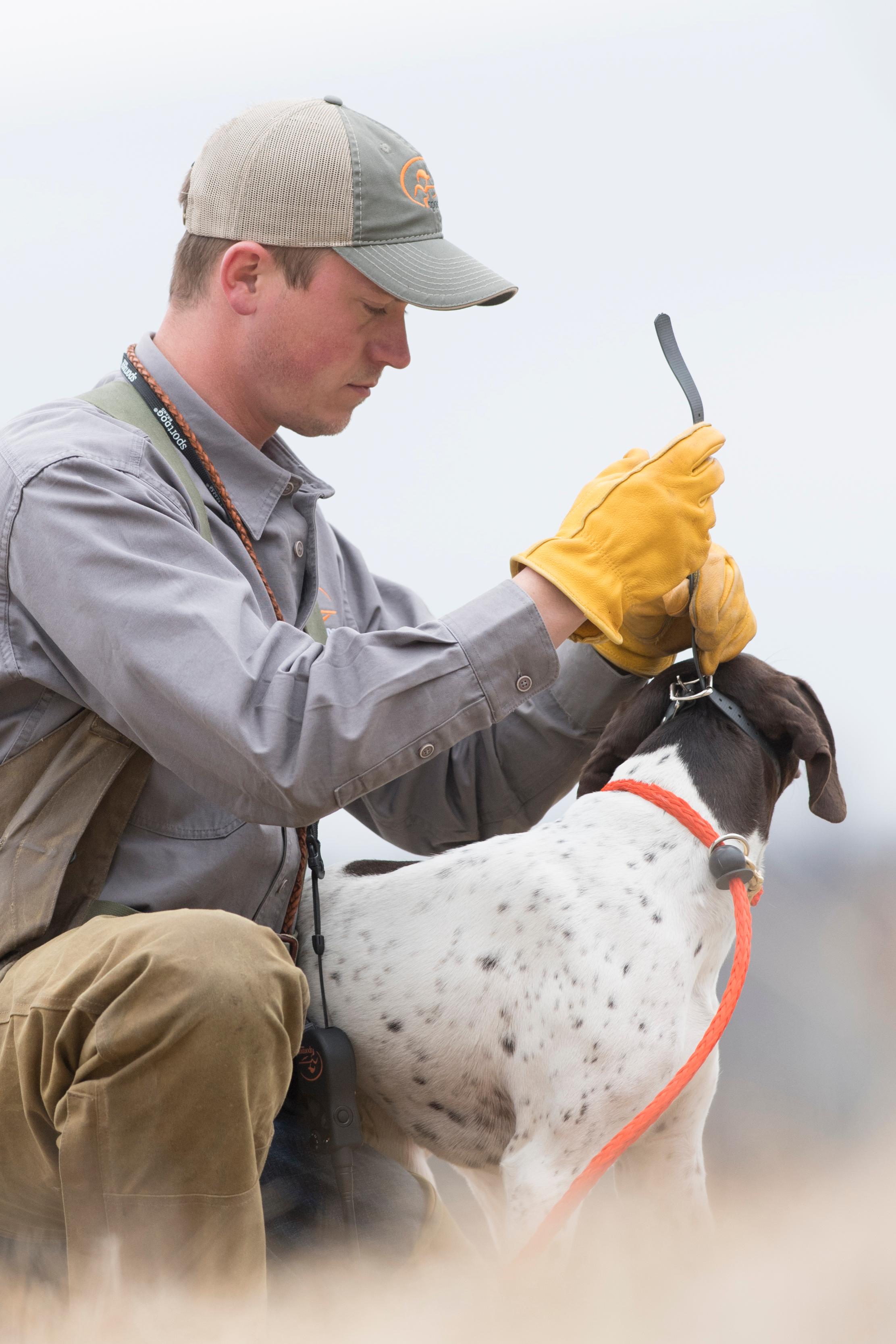
Proper Introduction to the E-Collar
by Chris Akin
The e-collar is an amazing tool. It can fine-tune a dog, extend your control, and even save an animal’s life. But here’s the thing: You must understand what it is. It is not a magic bullet. I call it a polishing tool. It’s an enforcement tool and a distance minimizer. What...
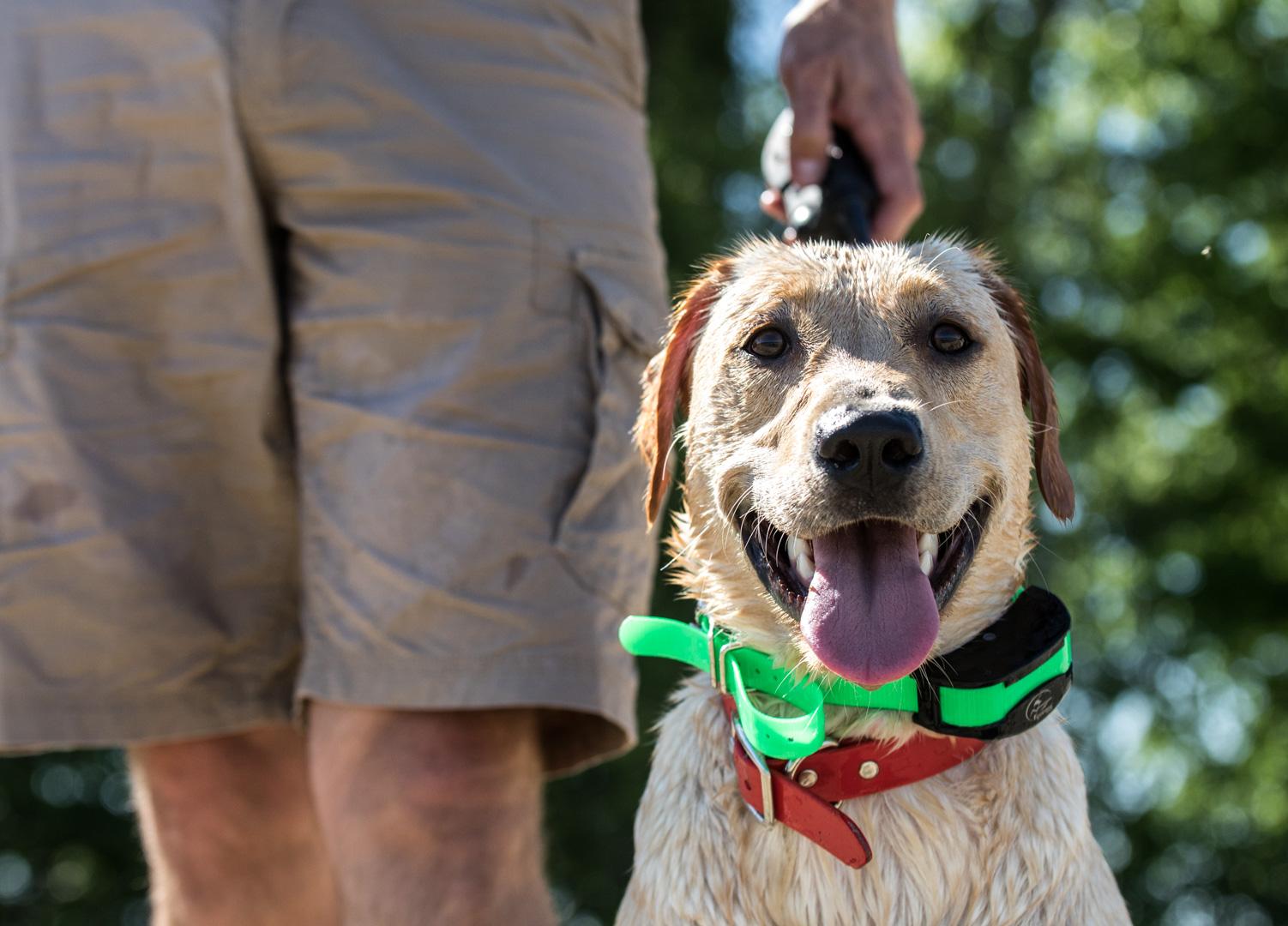
Summer Hazards – 5 Precautions for your Hunting Dog
by The SportDOG Staff
Summertime means extra fun in the sun, but it also means some new dangers. These tips will help make sure you and your hunting partner stay safe in the field: Increased Hydration – Warmer weather means increased chanced of heat exhaustion for you and your dog. Even mild temperatures can pose...
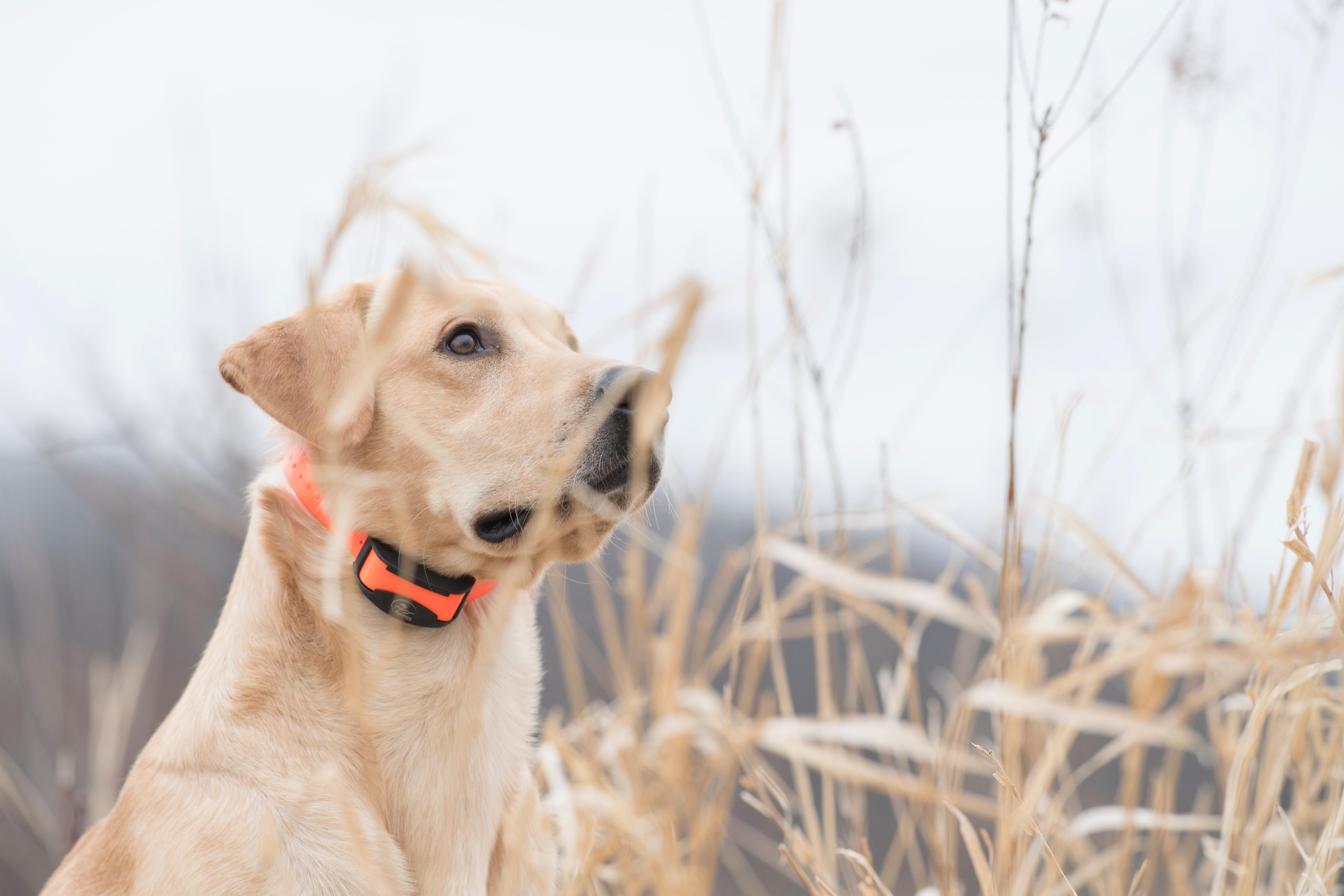
Tips For Dove Hunting And Gun Dogs
by The SportDOG Staff
There are many things that you should do to prepare you and your dog for opening day of dove season. For most of us in the south, it is still very hot during dove season. The most important thing is to keep yourself and your dog hydrated! There are all...
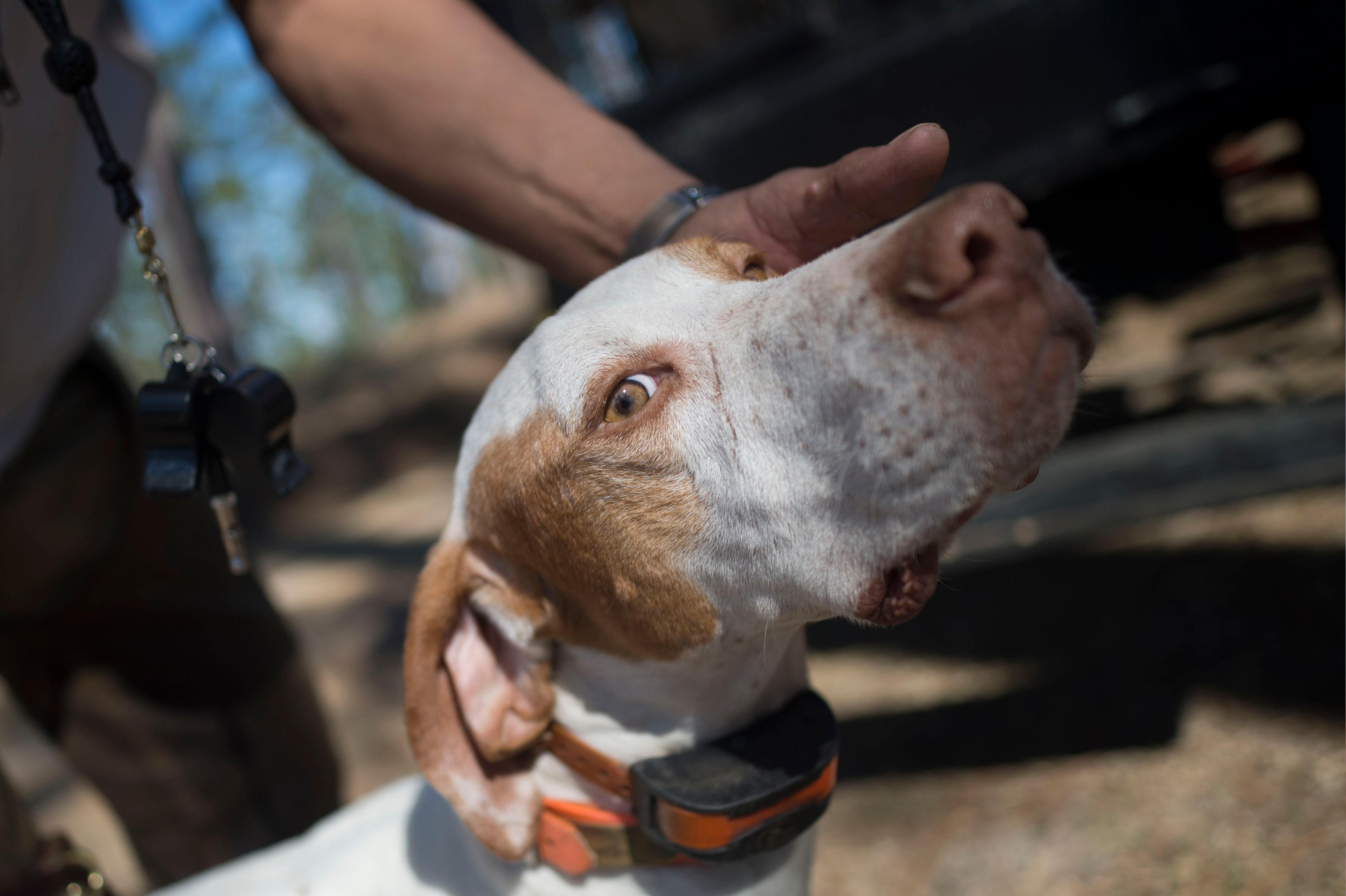
Dealing with Hunting Dog Injuries
by The SportDOG Staff
Cuts are common in hunting dogs. Briars, barbed-wire, broken glass, or even sharp broken saplings can slice a dog’s skin as it hunts. Appropriate field care of wounds can decrease healing time and make the veterinarian’s job much easier. Remember the watchwords: flush, fill and wrap. Flushing Fresh cuts may look quite...
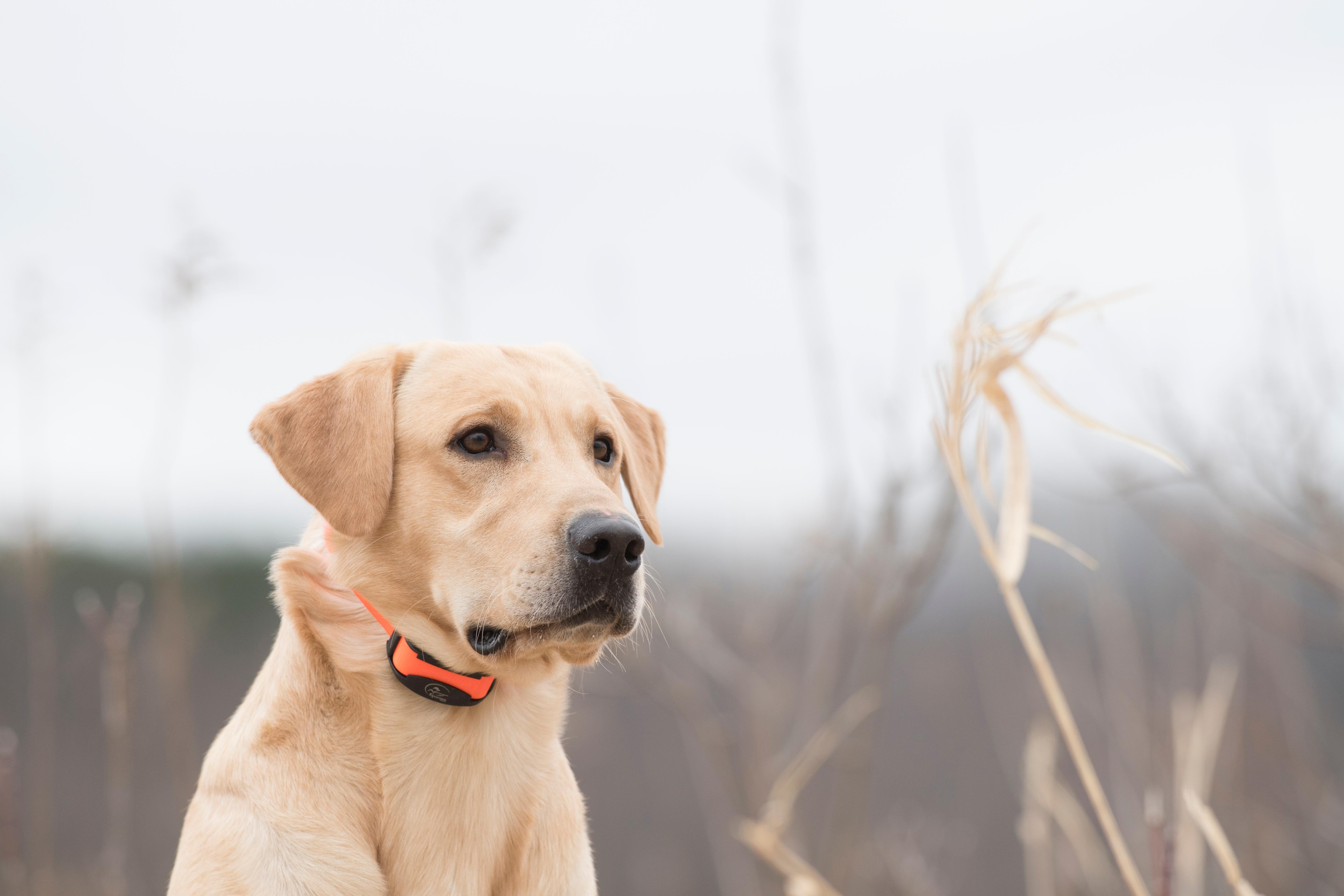
Training Your Retriever for Double Duty
by Charlie Jurney
If you've got a waterfowl dog, odds are that at some point you'll want it to do some upland work. Could be a pheasant hunt as a bit of a side gig to your Dakota duck hunt, or perhaps an arvo of quail hunting after a morning goose hunt. Most retrievers cope...
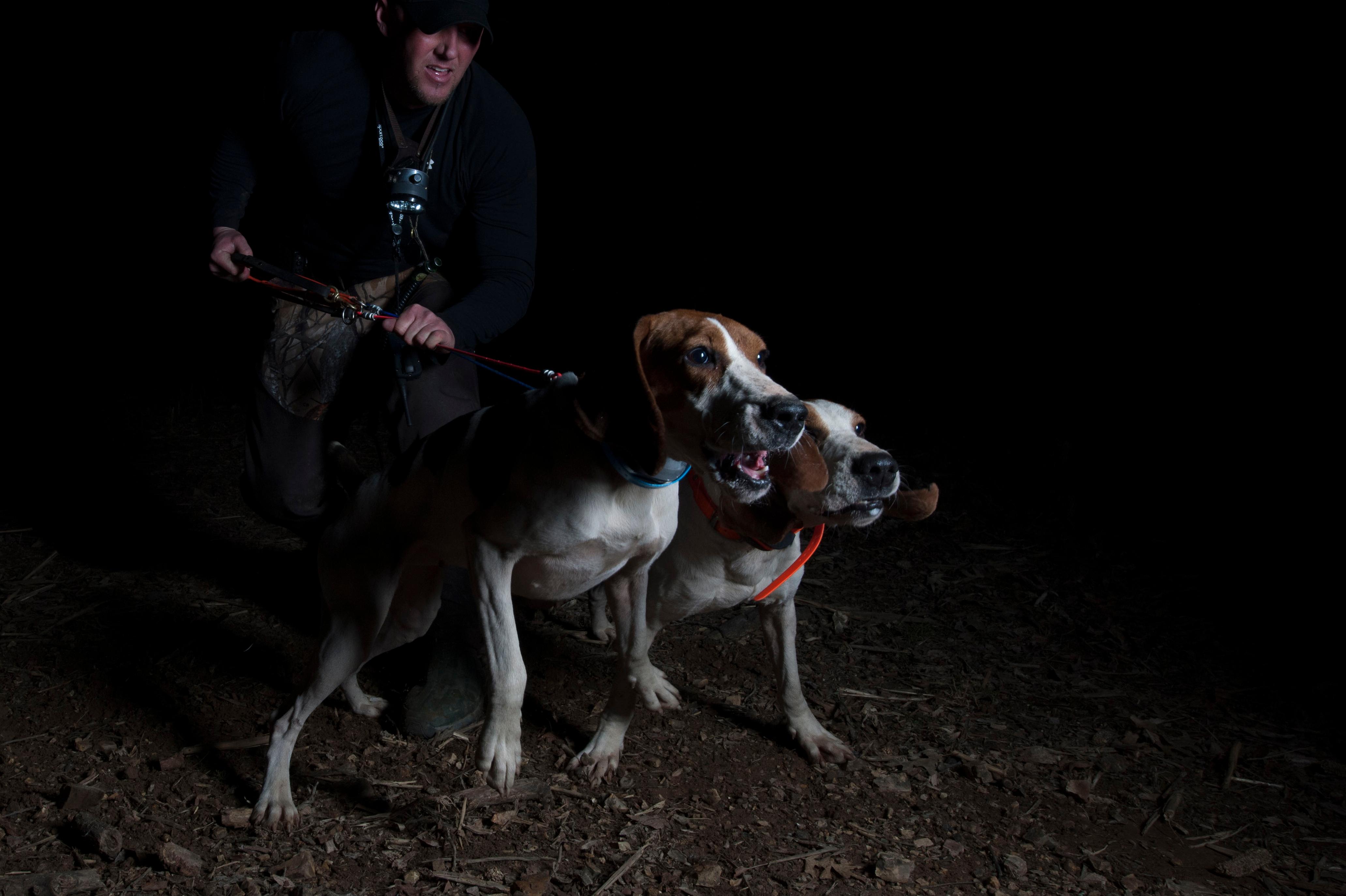
Controlling Multiple Dogs
by Kim Bishop
One of the questions I am asked most is, "how do you control so many hounds at once?" Well that's easy: you need a good multiple dog training system like the SportDOG Brand® HoundHunter® 3225 with 2 mile range. Then you need to know each of your hounds individually. Hounds...
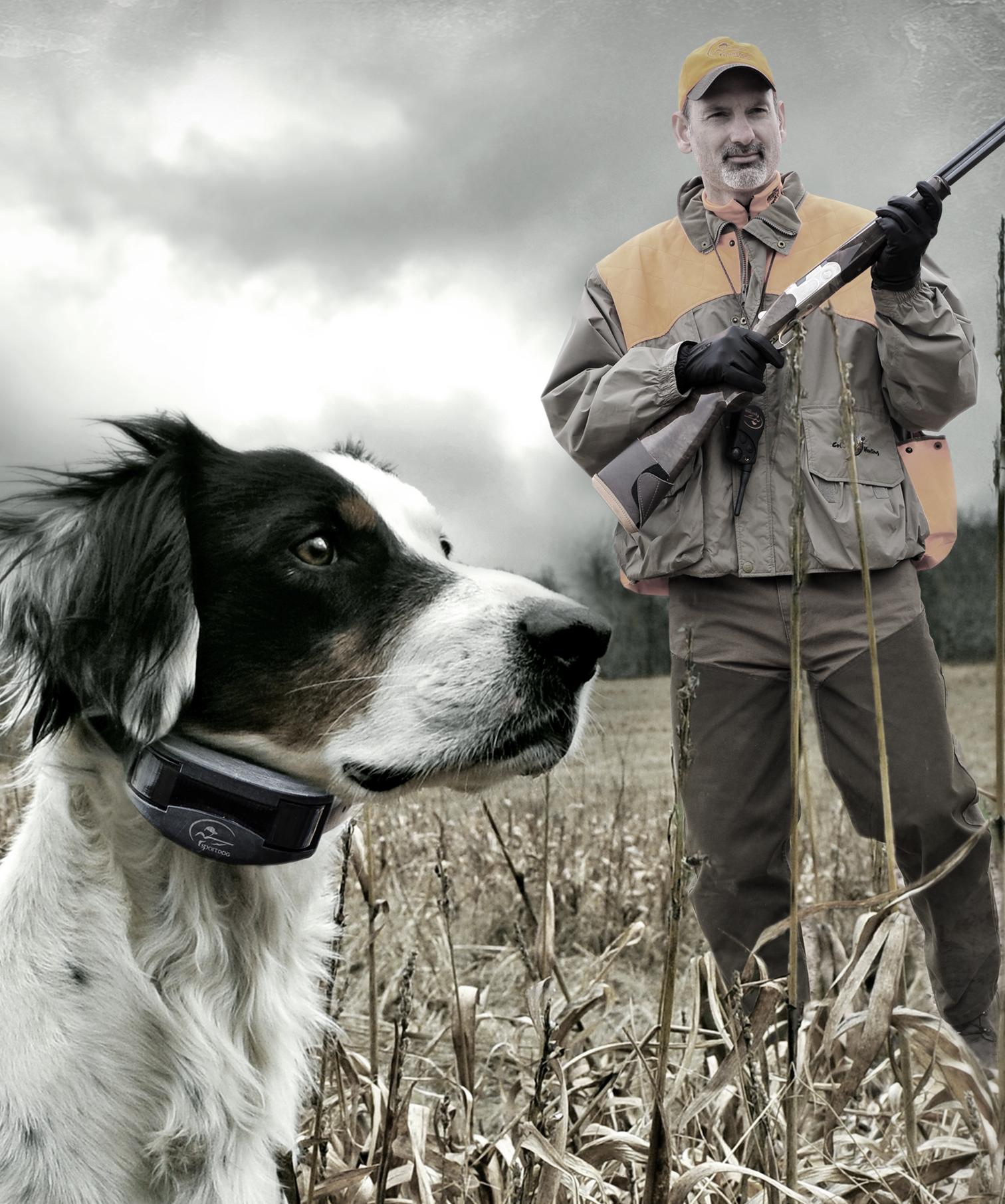
Gun Shy Dogs Can Blossom
by The SportDOG Staff
Every dog training book will preach that you must be so very careful when introducing a young dog to the sight, and especially the sound of a shotgun, but rarely will they tell you how to cure a gun shy dog. Some dog training veterans simply will not try. It...
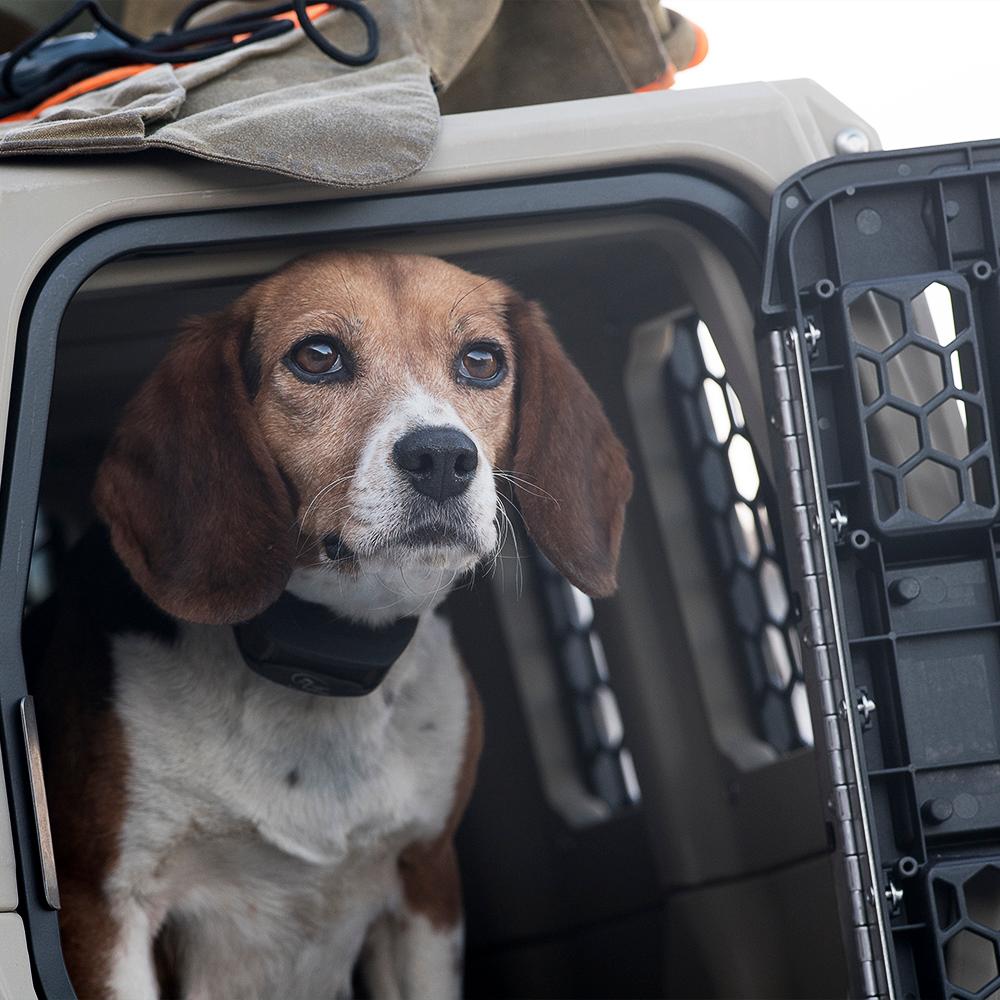
Spring Training for Beagles
by The SportDOG Staff
Spring is in the air, which means rabbit season is over in most parts of the country. So now what? I have a kennel full of Beagle rabbit hounds and no hunting, making this the perfect time to give a little extra attention to those younger hounds. Spring is a...
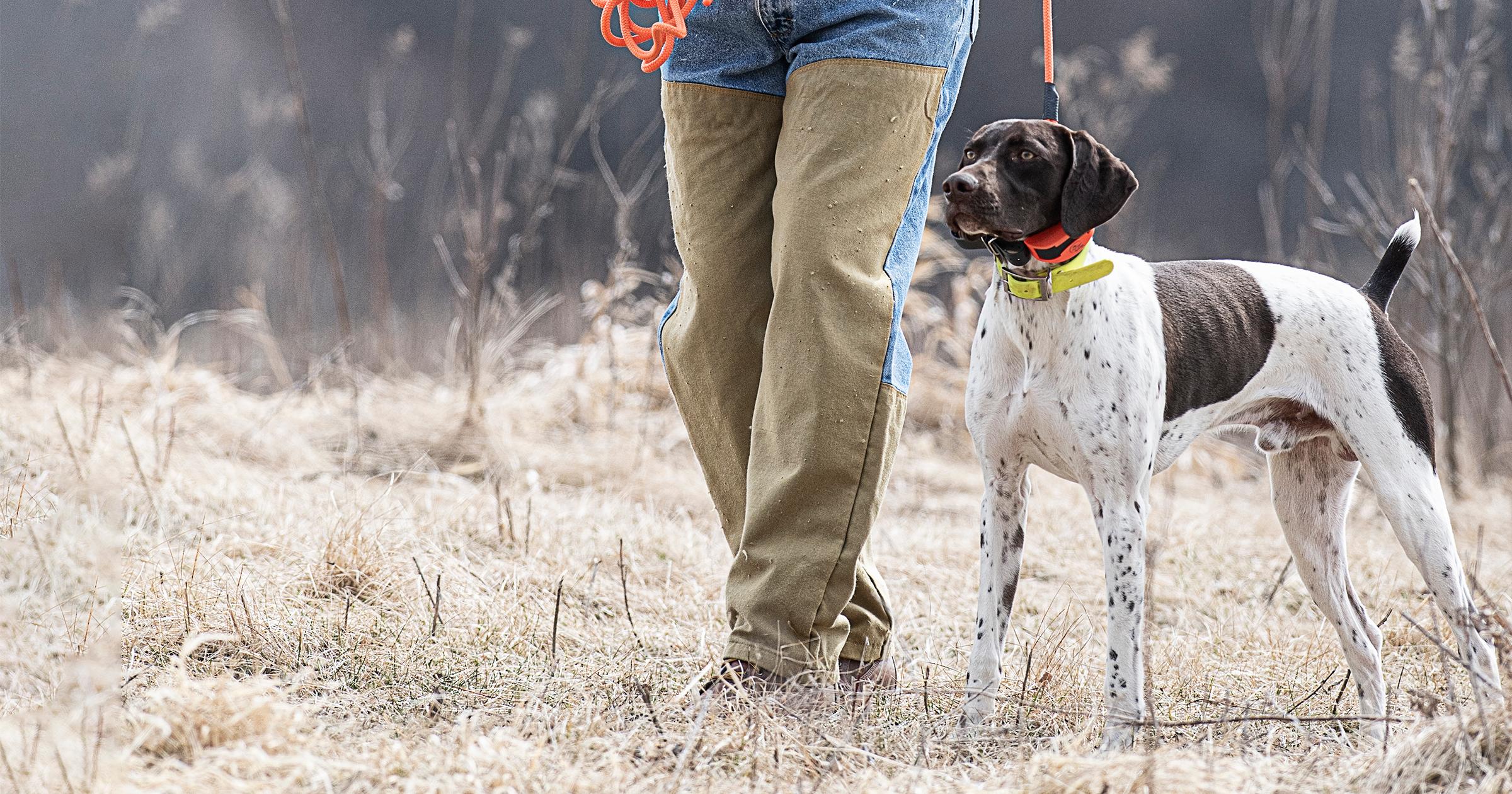
Talent Is Not Obedience
by The SportDOG Staff
Whoa! Can your hunting dog “whoa” or stop on a dime? Does it always come when called? Will it turn on command or always sit or lie down when instructed? Will it gently deliver a bird to your hand without chewing the least little bit? Good bird dogs have been...
